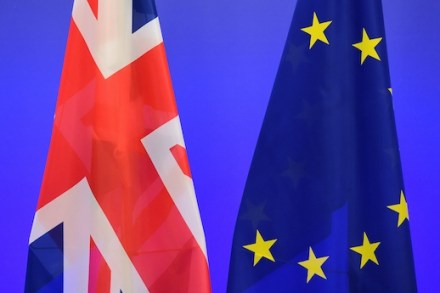Sunday Roundup – Arron Banks fights back
The day’s most anticipated interview came from Arron Banks, the businessman and co-founder of the Brexit campaign group Leave.EU, who agreed to talk with Andrew Marr. Earlier in the week, the Electoral Commission announced that it was referring Banks to the National Crime Agency amid questions over the exact source of Leave.EU’s funding for the referendum campaign in 2016. One of the central allegations raised is whether an £8 million loan came through Rock Holdings, a business based in the Isle of Man, which would contravene UK law: AM: Were you the real source of that money? AB: …Of course I was. The money came from a UK registered company.




















